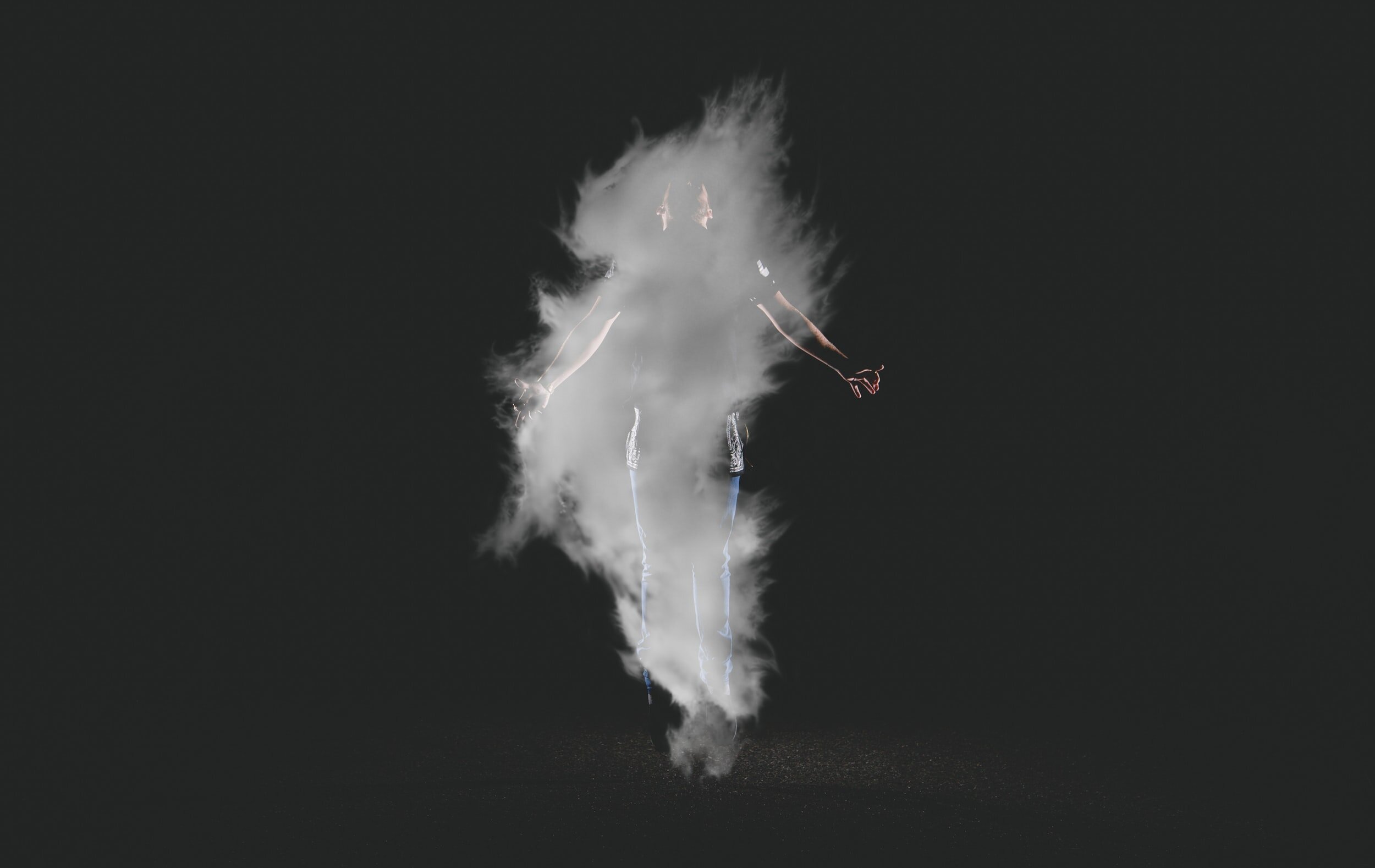Pesachim 121
“The entire settlement of the world rests under one star.”
Pesachim Tracate is all about second chances. I entered the Tractate with great relief that Eruvin Tractate was behind us, but also with some hesitancy about how much patience I would have for a discussion on Pesach that will last for four months. I should have known better from the prior three Tractates – the Rabbis can turnover a topic so many times that your head is left spinning.
Pesachim 120
“One is asleep but not asleep, awake but not awake.”
I have written throughout this Tractate of the Passover gatherings from my childhood, which was the last time I attended a complete seder. My paternal grandparents were very religious and traditional, and my grandfather would lead the Haggadah reading which went on for hours.
Pesachim 118
The task of providing a person’s food is as difficult as the splitting of the Red Sea.”
Back-breaking, tedious, life-long hard work has defined all the generations from the time when Adam and Eve were expelled from the Garden of Eden. We are reminded today that we can trace a lifetime of hard work to Adam who was told after he left paradise that “if he toils he will be able to eat bread.”
Pesachim 116
“Why is this night different from all other nights.”
It has taken this long in this Tractate to get the four questions. I have been waiting with bated breath because it is the rhythm of the questions that I remember the most from the Passovers of my childhood: Ma nishtanah halailah hazeh mikol haleilot? Why is this night different from all other nights?
Pesachim 115
“Why is this night different from all other nights?”
Today’s Daf Yomi continues the discussion on what distinguishes Passover from other nights. We already learned that the evening is special because one is protected from all harm, can recline at the dinner table and drink four glasses of wine.
Pesachim 114
“Devote less to your food and your drink and spend more on your house, as one’s house is a better investment than food.”
My one-bedroom apartment in New York City has good closet space, and a large balcony that faces south. It is a luxury by city standards to have so much, but by any other standard, it is small. I have lived in small spaces since I moved to New York, but the city served as my living room and it was infinite.
Pesachim 113
“A leader who lords over the community for no cause.”
What does the Talmud tell us about the qualities of an effective political leader? Bear with me today, because I have been thinking a great deal of what makes a strong and effective leader and today’s text informs current events.
Pesachim 111
“Whatever has many branches, its shadow is dangerous.”
Today’s Daf Yomi continues the discussion from the previous days on witchcraft and superstitions. It is a dark shadowy world we have entered where one must walk on a straight path and be careful where he rests his head. We are reminded from the first Tractate that the act of relieving oneself is an especially vulnerable time.
Pesachim 109
“And wine that gladdens the heart of man.”
I was afraid of the dark as a child and slept with a night light on for longer than I would like to admit. It was as if the glow of the low watt bulbs could protect me from whatever imagined demons inhabited my dreams. In today’s Daf Yomi reading we are told Passover is a night that is “guarded from demons and harmful spirits of all kinds.”
Pesachim 107
“Beer is the wine of the province.”
I have a confession to make. I hate beer. It is bitter and heavy and when I am persuaded to try a glass, I am left feeling bloated and somewhat unwell, like Rabbi Yehuda HaNasi, who suffers indigestion after he imbibes.
Pesachim 106
“The wise man, his eyes are in his head.”
How do you measure a day? We learned in the first Tractate of this Daf Yomi journey that it is from sundown to sundown, and the most sanctified day of the week is Shabbat. We are asked to consider today why we recite kiddush at night when the verse in Exodus (20:7) says “remember the day of Shabbat to sanctify it.”
Pesachim 102
“One does not perform mitzvot in bundles.”
If all the Daf Yomi readings were as short as the last few, I might have time to read more fiction. Today’s Daf Yomi discussion continues from the previous day on the interruption of a meal. A group of friends are dining together and leave the table for some purpose – perhaps to check on an early spring garden.
Pesachim 101
“A change of place requires a blessing.”
As we head toward the end of this Tractate, each day’s reading is becoming shorter, as the days are becoming longer and there is the promise of a new season in the air. Today, the Daf Yomi deals with the blessing over wine, the kiddish.
Pesachim 100
“Will he even force the queen before me in the house?”
Did you ever have one of those magical lunches with a good friend that went on for hours? The friend was someone you had not seen in a long time and you had decades to catch up on over a good bottle of wine and an exquisite fish dish.
Pesachim 99
“Even a fool, when he holds his peace, is considered wise; and he that shuts his lips is esteemed as a man of understanding.”
Today’s Daf Yomi portion is surprisingly short. In fact, the notes in the Koren Talmud are longer than the text itself. Now that we have read about all the preparations for the meal, we are finally able to sit down at the table and get the seder underway.
Pesachim 96
“You shall safeguard it.”
In many ways, although the Exodus story belongs to the world, it is an American story. My family escaped hardships in Eastern Europe and came to America for a new life. When they landed on Ellis Island and saw the Statute of Liberty in New York Harbor, it must have felt like the waters of the Red Sea had parted before them.
Pesachim 94
“The entire settlement of the world rests under one star.”
How large is your world? The Rabbis in today’s Daf Yomi attempt to size the entire world. They do not yet have the concept of the earth rotating on its axis, but they have the perspective of the earth being contained within one hour, which comes close.
Pesachim 93
“And he shall bear his sin.”
Today, we enter into a dialog among three Rabbis on the obligations and resulting punishment of failing to observe the first and second Pesahs. It is a fascirnating example of how the Talmud allows us to enter the inner chambers where these discussions may have occurred across time and space.
Pesachim 92
“One must blow the dust on the path before taking each step.”
As we approach a year of living with the pandemic, we have been given an opportunity to look into our heart of hearts and reflect on who we have become. It has been a painful year full of dusty roads and hidden bones, but it has also been an opportunity to look deep within ourselves and consider what our lives will be like in the future.
Pesachim 90
A person cannot make forbidden something that is not his.”
Celebrating Passover at the time of the temple must have been as expensive an affair as our American Thanksgiving and not for the faint of heart. We learn in today’s Daf Yomi portion that one could use his Paschal lamb as a source of funding for the celebration.




















